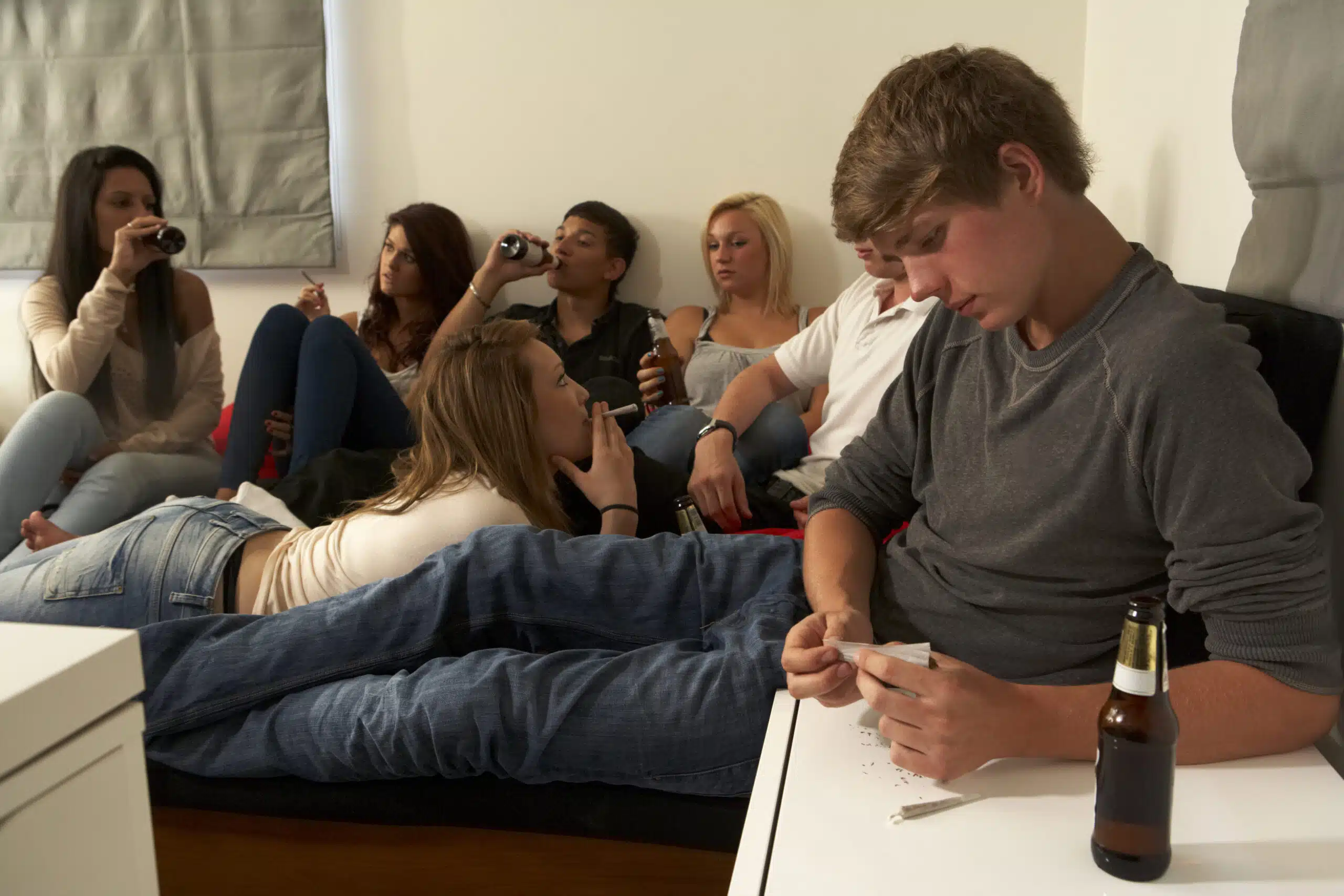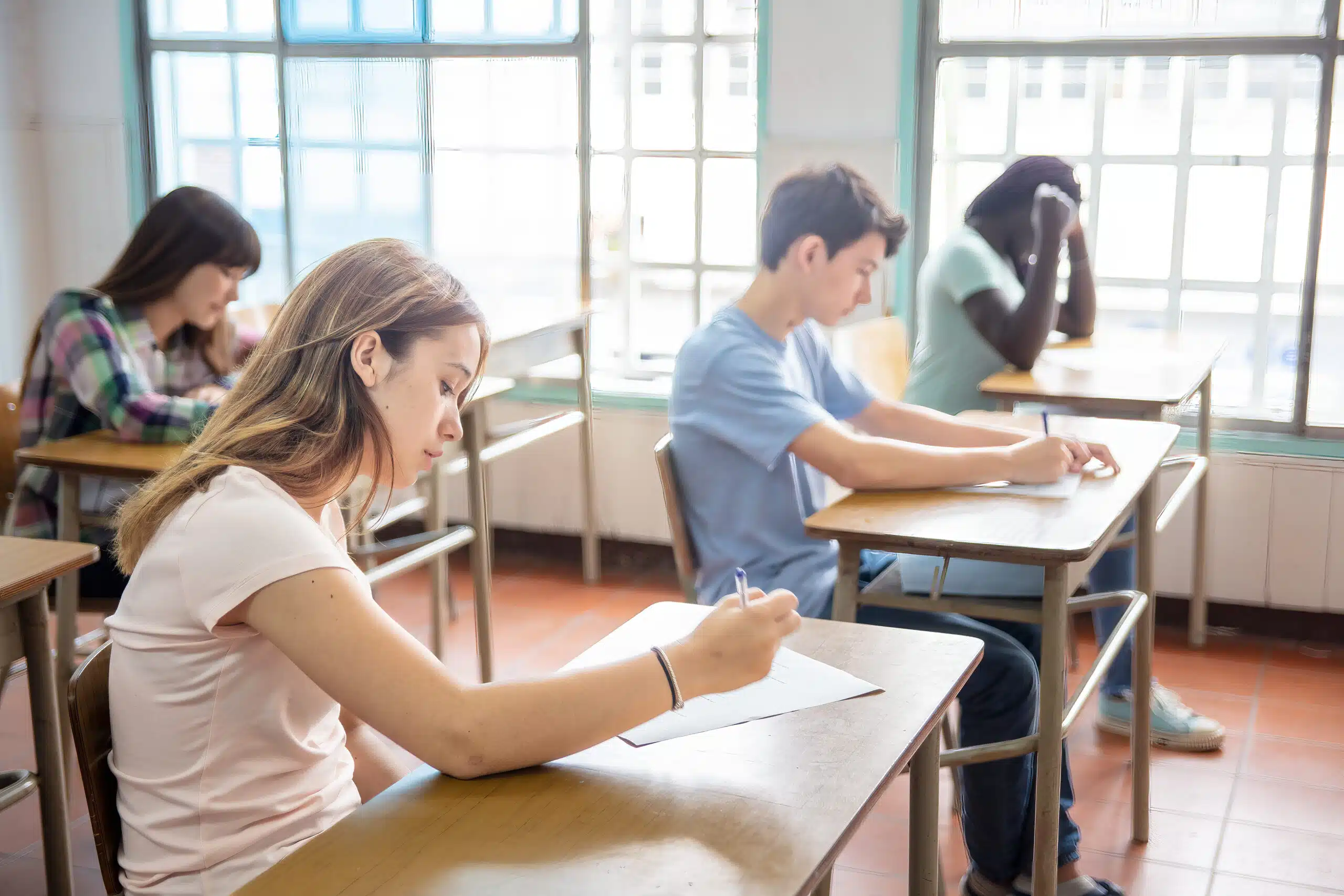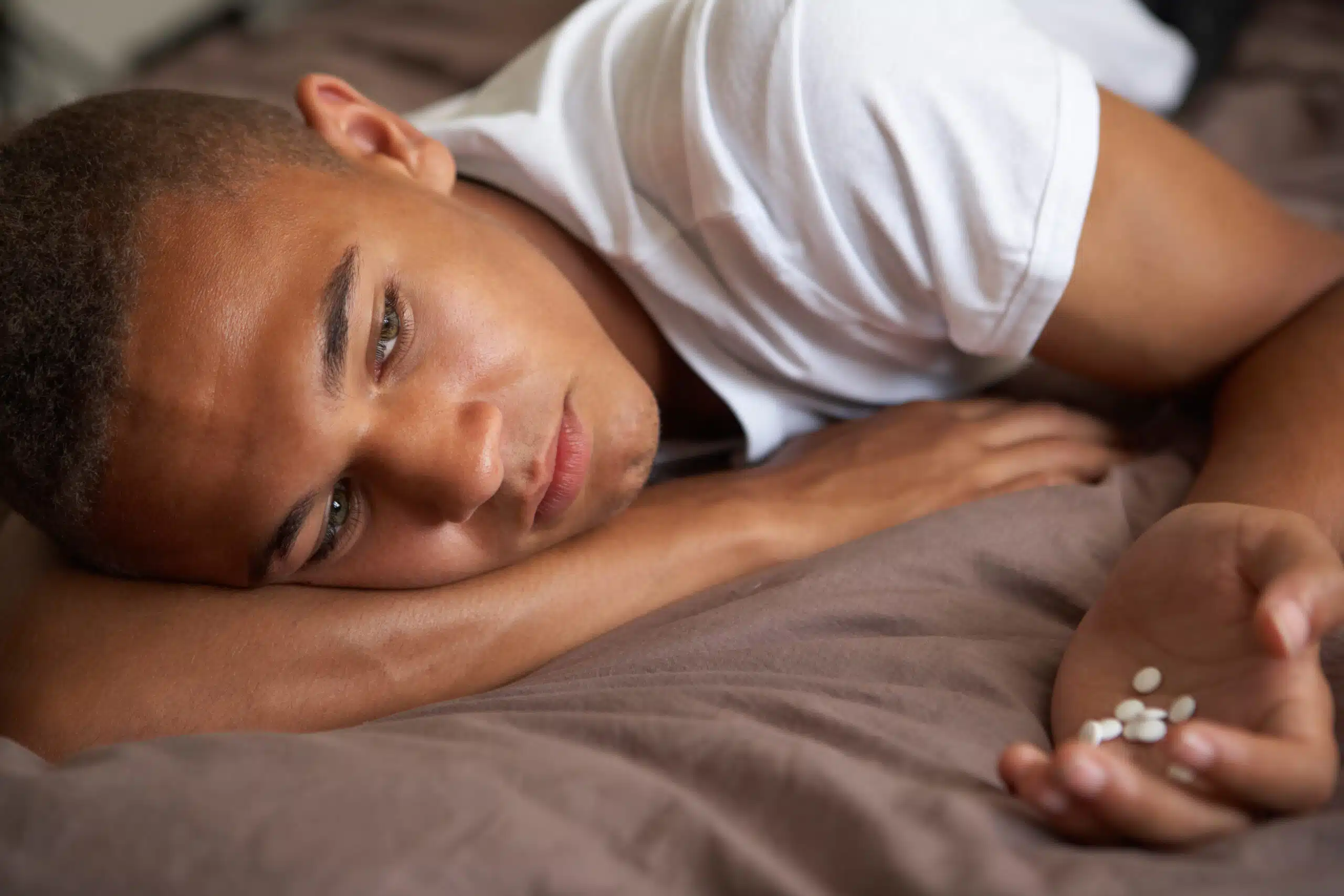
Self-Care at the Start of the New Year
Today, teens and adolescents face more stress, anxiety, depression, and isolation than generations that have come before them. In 2018, the global health insurance provider Cigna conducted a survey of 20,000 Americans. The survey results showed that Generation Z (individuals between the ages of 18 and 22) is the loneliest generation, with nearly half of that demographic reporting experience feelings associated with loneliness frequently. While this data was from 2018, it is reasonable to believe that the circumstances brought about by 2020 have done little to mitigate the challenges adolescents and teens experience daily.
Little is known about the root cause, but there may be several factors at hand. While many point to technology and social media, this is not likely the sole problem. Many other conditions and elements contribute to the mental health challenges teens encounter. Some examples include pressure about body image, academic demands, family obligations, social pressures, job and future uncertainty, etc. Perhaps most concerning of all is the fact that mental health concerns are on the rise among teens and adolescents. A 2019 report released by the Centers for Disease Control and Prevention reported the rate of suicide among those ages ten to seventeen rose by 56% between 2007 and 2017.
As the new year approaches, teens and adults alike are hoping 2021 provides healthier, happier prospects than were brought about in the later portions of 2020. Soon, millions of Americans will usher in the new year by making resolutions and attempting to carve out ways to improve their current state of well-being in the coming months. Many resolutions center around body image, weight loss, and other often unachievable attempts at altering one’s appearance to match body image expectations seen on social media. These resolutions often end up being unattainable, and the failure to accomplish them leads to significant mental and emotional health challenges. Sometimes these mental health challenges are so substantial that teens are unable to resolve them without seeking mental health treatment at a teen-focused treatment facility like Bayshore for the disorders that result, such as disordered eating, depression, and anxiety. While focusing on self-care may not “fix” many of the issues adolescents and teens face, it can help to promote mental health and encourage your teen to focus on their needs over societal goals.
Tools to Focus on Self-Care in the New Year
Make Time for Personal Time
Teens today are busy. In most cases, they are far busier than their parents were at their age. Between school, sports, extracurricular activities, work, and other obligations, teens often have difficulty finding only a few minutes for themselves. Before self-care can be successful (or even considered), it is essential to have time built into one’s schedule. Most importantly, regularity is essential. Time for self-care must be set aside each day. Many self-care habits only take a few moments, but unless those moments are available, it will be impossible to improve and build upon self-care habits in the new year.
Meditation and Yoga
Meditation was once considered a highly “alternative” form of self-reflection. Today, it is widely understood that mindful meditation is proven to alter the structure and function of the brain. Also, meditation is an excellent way to help your teen relax and reduce feelings of anxiety, depression, and stress, regardless of their source. Meditation does not require attending classes (unless you want to) or even leaving your home. A quick google search will turn up several different guided meditation sessions available online, ranging in duration from as little as five minutes to around an hour. There are even several smartphone apps available for download that will walk you through the meditation process. This makes meditation a self-care practice you can literally do anytime and anywhere.
Another excellent relaxation technique is yoga. Although yoga is a form of exercise that promotes health, flexibility, and stretching, it also helps the participant recenter their thoughts and focus on connecting the mind and body. These are essential elements of self-care as well as keys to stress reduction, physical wellness, and mental health. Like meditation, yoga is taught in studios across the nation. However, current restrictions may impact in-person yoga classes. There are currently many online classes still in session and a wide variety of smartphone apps that can teach basic yoga poses and techniques to help your teen get started.
Exercise
Exercise does not have to be high impact or take up hours each day. Exercise comes in many forms, and even low-impact activities such as walking are highly beneficial to one’s mental and physical health. Exercise is an excellent self-care habit that not only helps you get physically fit but can get your teen outside, affording them the possibility to interact with others participating in similar activities. Exercise is also a natural way to help reduce depression and anxiety levels.
Sleep
Sleep deprivation has a significant impact on one’s thoughts, physical health, emotional health, and overall well-being. Although it is likely easier said than done, getting a good night’s sleep is an essential self-care practice that has an overwhelming effect on many other things. Most adolescents and teens need at least eight (or more) hours of sleep to function at optimal capacity. Unfortunately, many teens have scheduled packed with academic, social, family, and other obligations, which often cut into the evening hours resulting in sleep taking the back seat. If possible, help ensure your teen has a regular sleeping schedule where they turn in and wake up at approximately the same time each day. Eventually, their internal alarm clock will help enforce this schedule allowing them to fall asleep more regularly.
Spend Time with Friends and Family
Face to face time with friends and loved ones are essential to well-being and another healthy self-care strategy your teen can employ in the new year to improve health. Connections with social groups and peers are critical to fostering resilience and improving essential communication skills. Also, socialization with peers encourages the brain to release necessary chemicals that support well-being. While teens often spend many hours each day “talking” on social platforms, these communication methods aren’t nearly as effective as in-person interactions. The events of 2020 have made this particular self-care strategy a bit more challenging; however, “face-to-face” interaction can still be accomplished via platforms such as Zoom, Facetime, and others. Also, interactions with those close to us do not have to consist of large numbers of people. It only takes the presence of a few people with who your teen feels comfortable sharing and confiding in to make a substantial impact.
Disconnect for A Few Hours Each Day
Smartphones and technology have quickly become a fixture in the lives of teens and adolescents across the nation. One need only look around the local store, supermarket, library, or even in the park to find a smartphone in someone’s hands. Of course, this phenomenon is not unique to teens as adults struggle with addictions to technology in equal amounts. Today’s teens use smartphones and other technology in all aspects of their lives. Many homework assignments require using Ipad’s or laptops to research and submit assignments. Smartphone calendars and notes remind teens to complete assignments or attend meetings and sporting events. Social media platforms help teens remain connected to peers and family members.
While smart technology is undoubtedly beneficial, it can also promote isolation and negative self-image (due to postings on social media and other sites). It is hard to disconnect; however, turning off the phone, even if only for a short time, can help your teen focus on other things. It is not necessary to reply to emails, texts, or other messages immediately. Encourage your teen to have a few hours of disconnect time each day and to keep their phone off in the evening when they go to bed.
Seek Help When You Need It
Teens are often resistant to opening up to those closest to them when mental health concerns arise. It can be especially difficult to disclose emotions and fears if members of the family or their social circles are at the root cause of those issues. If your teen is struggling with emotional health entering the new year, it is essential to help them reach out for help if they need it. Offer to set up an appointment with someone outside the family unit who they feel comfortable opening up to. You may also consider arranging an appointment with their primary care provider to assess any mental or physical health concerns they may have. Although resolving to adopt new and healthy self-care strategies in the new year is an excellent resolution and undoubtedly beneficial to your teen’s mental health, new habits will not necessarily impact existing mental health challenges. For pre-existing conditions, it may be helpful to seek treatment at a facility like Beachside that specializes in teen mental health.
As 2020 comes to a close, people of all ages are looking forward to the changes and hope brought by the new year. If your teen is struggling with mental health or healthy self-care, there are several ways you, as a parent or caregiver, can help them improve those habits in the coming year. If you are concerned about their mental health, reach out to the caring and compassionate staff at Beachside. Let our teen-focused team of providers help your teen and family create a treatment plan that can address the root causes of your teen’s emotions and concerns. With the help of Beachside, your teen can learn how to integrate self-care into their daily routines and start off the new year healthy, happy, and with their mental health at the forefront of their goals. If you would like to learn more about our programs and how they may be able to help your family, contact Beachside today.




